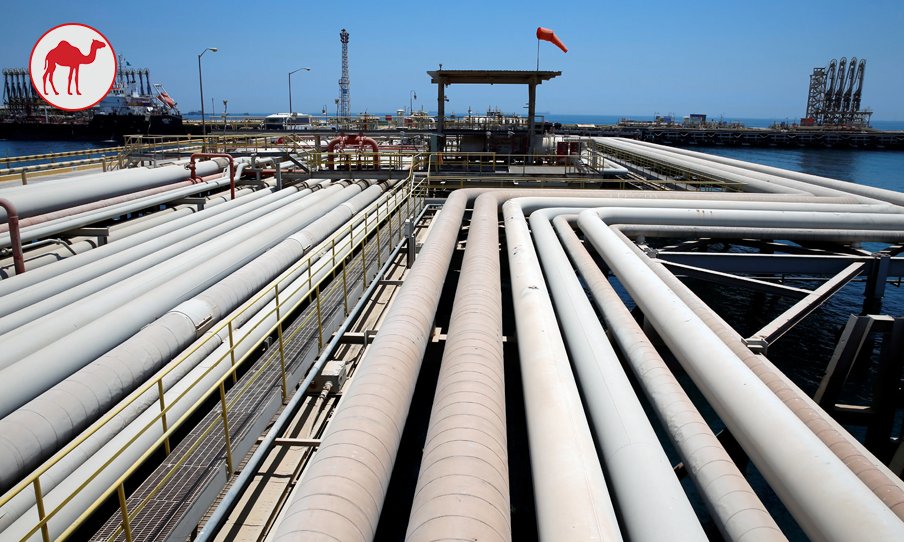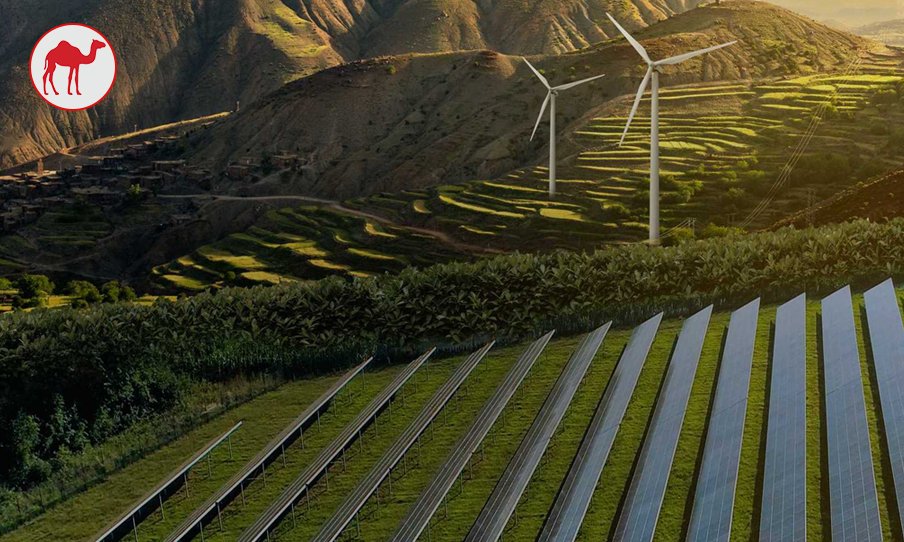Beyond Oil: How Gulf Economies Are Reinventing Themselves

For decades, oil was the heartbeat of the Gulf. It built cities from sand, turned small fishing villages into skyscraper-lined metropolises, and placed nations like the UAE, Saudi Arabia, and Qatar firmly on the global economic map. But here’s a question we don’t ask enough: what happens when the oil wells dry up, or the world no longer wants them?
This is not a distant concern. The world is shifting. Renewable energy, climate change goals, and global sustainability trends are pushing countries to rethink their futures. And the Gulf? It’s not waiting. It’s already moving beyond oil. But how? That’s what this article is about.
1. Why the Gulf Had to Rethink Its Future
The Gulf Cooperation Council (GCC) countries, Saudi Arabia, UAE, Qatar, Kuwait, Bahrain, and Oman, have long relied on oil exports for their income. At one point, oil made up over 90% of some national revenues. But with fluctuating oil prices, growing youth populations, and rising global pressure to reduce carbon emissions, depending only on oil became risky.
Leaders realized that to survive in the long term, they had to build something that didn’t rely on a resource that could either run out, or be replaced. In short, they needed economic diversification.
2. Vision 2030: A Blueprint for a New Economy
One of the boldest moves came from Saudi Arabia, with the launch of Vision 2030. This national plan is more than just economic reform. It’s a complete transformation.
Some of its goals include:
- Growing tourism and entertainment sectors
- Privatizing parts of the public sector
- Investing in non-oil industries like mining, logistics, and tech
- Encouraging entrepreneurship and small businesses
At the center of this is NEOM, a futuristic $500-billion city in the desert, run entirely on renewable energy and built around tech, AI, and sustainability. It’s not just a city. It’s a symbol of what the Gulf wants to become.
3. The Rise of Tourism and Culture
From the Louvre Abu Dhabi to Saudi’s ancient city of AlUla opening up to tourists, Gulf countries are investing heavily in culture, heritage, and global tourism.
Why? Because tourism brings in money, creates jobs, and changes the global image of a country.
- The UAE hosted Expo 2020, attracting millions of visitors and positioning itself as a global hub.
- Qatar invested billions in infrastructure for the FIFA World Cup 2022, drawing global attention and boosting its brand.
- Saudi Arabia, once closed to most tourists, is now opening up, offering e-visas and promoting its hidden gems.
These moves are reshaping the narrative: from oil-rich nations to experience-rich destinations.
4. Building Knowledge Economies: Tech, Startups, and Innovation
If oil built the past, tech is building the future. Gulf countries are investing in digital infrastructure, education, and tech startups.
- Dubai has become a hotspot for blockchain, fintech, and AI companies.
- Abu Dhabi’s Hub71 supports startups with funding, office space, and global connections.
- Riyadh, once not even on the global startup radar, is now aiming to be a top 10 city for venture capital by 2030.
Government support, free zones, no corporate taxes in some areas, and international talent are fueling this change. The message is clear: We’re open for tech business.
5. Investing in Renewable Energy and Green Projects
Surprisingly, some of the world’s largest solar farms are being built in countries with the most oil.
- Masdar City in Abu Dhabi is a carbon-neutral project focusing on clean energy.
- Saudi Arabia’s “Green Saudi” and “Green Middle East” initiatives aim to plant billions of trees and invest in renewable energy projects.
- Dubai’s Clean Energy Strategy 2050 targets 100% clean energy by mid-century.
Why are oil giants turning green? Because they understand the future is low-carbon, and they want to lead it.
6. Empowering the Youth and Women
No transformation is complete without people. The Gulf’s young population, most under the age of 35, wants more than oil jobs. They want startups, flexible careers, creativity, and purpose.
- Women in Saudi Arabia are now driving, entering the workforce, and starting businesses.
- Young Emiratis are being trained in coding, AI, and entrepreneurship.
- Gulf governments are funding education, upskilling, and global exposure.
The result? A generation that’s not just inheriting change, but driving it.
Oil brought wealth. But reinvention will bring resilience.
Gulf countries are not just reacting to global trends, they’re actively shaping them. From building green cities in the desert to opening up ancient lands to curious tourists, they’re proving that even the richest oil economies can pivot, adapt, and innovate.
It’s not just about money anymore. It’s about vision. About creating a future that works without oil—yet thrives beyond it.
And that’s the real story of the Gulf today. A story worth watching, and learning from.


